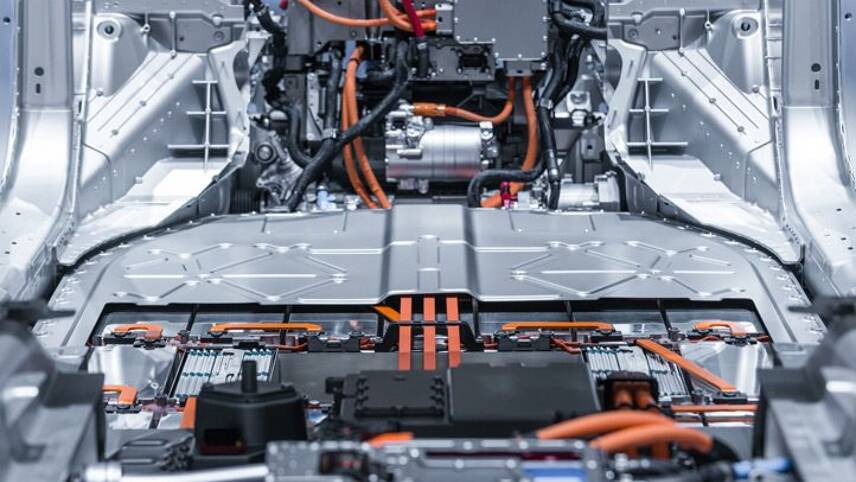Register for free and continue reading
Join our growing army of changemakers and get unlimited access to our premium content

BYD’s chief executive Wang Chuanfu announced on Sunday (29 March) that the automaker would share the components of EVs that it manufactures with rivals and the wider auto sector, in a bid to boost revenue while car sales in China slump.
BYD, which is backed by business magnate Warren Buffet, will now sell EV components such as batteries, powertrains and lights to local start-ups and competitors.
The decision was made in response to falling EV sales in China. The national government has introduced new policies to reduce the subsidies for purchasing EVs, which has stifled demand. The outbreak of the coronavirus has also impacted sales and manufacturing in the country.
China had been experiencing a welcome EV boon, driven in part by a massive market for battery development. A total of 200 Chinese manufacturers built 379,000 electric and hybrid vehicles in 2015, four times more than the year prior. However, high-profile cases of subsidy cheating in relation to misreporting production and sales data have seen subsidies slashed by more than 20%.
In response to the Covid-19 pandemic, BYD – China’s largest automaker and EV producer – revealed last week that it is now operating what it claims is the world’s largest face mask manufacturing plant.
BYD began pivoting its production plans around a month ago, after scaling back EV production. It is now hoping to produce five million face masks and 300,000 bottles of hand sanitizer gel per day, by the end of the week, using the equipment it already has. These products will be supplied to healthcare providers across China.
The Chinese firm originally started out as a mobile phone battery manufacturer but has constantly evolved to seize new economic opportunities. The company first ventured into car manufacturing in the early 2000s.
Last November, BYD signed an agreement with heavyweight car company Toyota to establish a joint venture to research electric vehicle battery production, development and supply. The joint venture is set to be officially established this month. Toyota is also collaborating with tech giant Panasonic to advance EV battery progress.
BYD has also partnered with 11 other automakers, including Geely Auto and the Renault-Nissan-Mitsubishi Alliance, on Chinese ride-sharing firm Didi Chuxing’s (Didi) app-based, EV-sharing platform.
Matt Mace


Please login or Register to leave a comment.